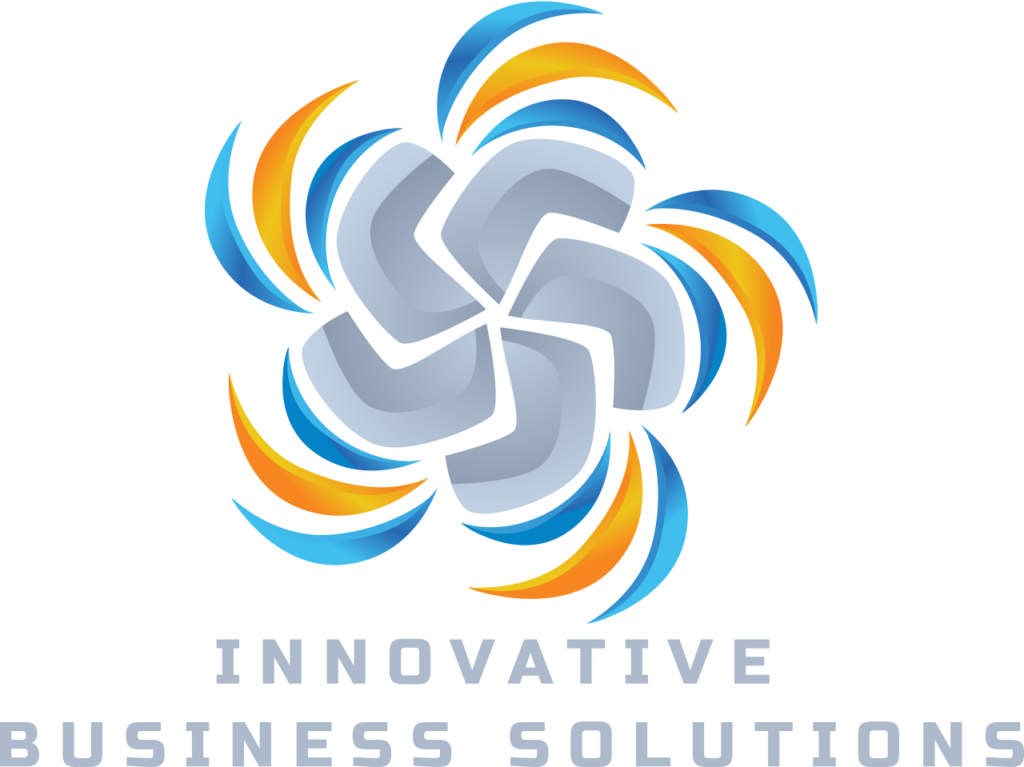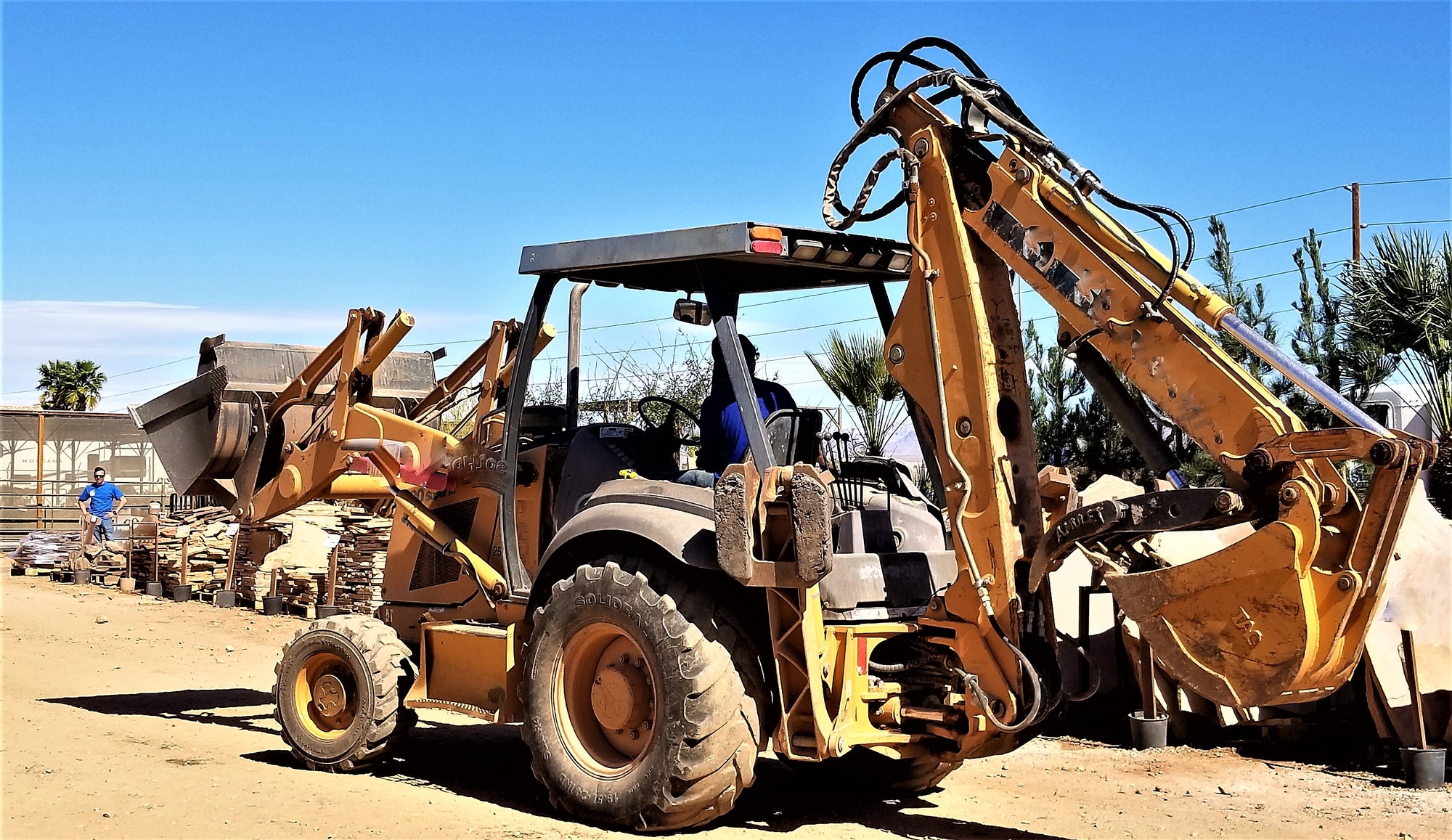Understanding Collateral
Financing a backhoe can be a substantial investment for individuals and businesses alike. Whether you’re a contractor looking to expand your fleet or a farmer in need of a versatile excavation machine, understanding the financial aspects of backhoe financing is essential. One common question that arises in this context is whether collateral is required for backhoe financing. In this blog, we’ll explore the concept of collateral in backhoe financing, the factors influencing its need, and alternative financing options to consider.
Collateral refers to an asset or property that borrowers offer as security to a lender in exchange for a loan. In the event that the borrower defaults on the loan, the lender can seize and sell the collateral to recover the outstanding debt. Collateral provides a form of assurance for lenders, reducing the risk associated with lending money.
Factors Influencing Collateral Requirement
Whether collateral is required for backhoe financing can depend on several factors:
- Creditworthiness: Borrowers with strong credit histories and a demonstrated ability to repay loans are often seen as lower-risk by lenders. Such borrowers may have a higher chance of securing financing without collateral.
- Loan Amount: The size of the loan can influence collateral requirements. Larger loans may require more significant collateral to mitigate the lender’s risk.
- Type of Financing: The type of financing you choose can also affect collateral requirements. Some financing options, such as equipment leasing, may have lower collateral requirements than traditional loans.
Collateral in Backhoe Financing
In the context of backhoe financing, collateral may or may not be required, depending on the lender and the specifics of your financial situation:
- Equipment as Collateral: In some cases, the backhoe itself serves as collateral for the loan. This arrangement is known as a secured loan, where the lender has a legal claim on the equipment until the loan is fully repaid.
- Down Payment: Lenders may ask for a down payment as a form of collateral. By making an initial payment, you reduce the amount of the loan, which can affect the lender’s collateral requirements.
- Personal or Business Assets: If your creditworthiness is a concern or you’re seeking a larger loan, lenders may request additional collateral in the form of personal or business assets, such as real estate, vehicles, or other valuable property.
Alternative Financing Options
f you prefer to avoid using your backhoe or other assets as collateral, you have alternative financing options to explore:
- Equipment Leasing: Leasing allows you to use the backhoe without ownership responsibilities. Leasing agreements may have lower collateral requirements compared to loans.
- Manufacturer Financing: Some backhoe manufacturers offer in-house financing options with competitive terms, and they may have different collateral requirements.
- Unsecured Loans: If you have a strong credit history, you may qualify for unsecured loans, which don’t require collateral. However, interest rates and terms may vary.
Collateral requirements for backhoe financing can vary based on factors such as creditworthiness, loan amount, and the type of financing you choose. While collateral may be required in some cases, alternative financing options, like equipment leasing or manufacturer financing, can provide flexibility without the need for significant collateral. Before committing to any financing arrangement, it’s crucial to carefully review the terms, assess your financial capacity, and explore options that align with your goals and risk tolerance.


